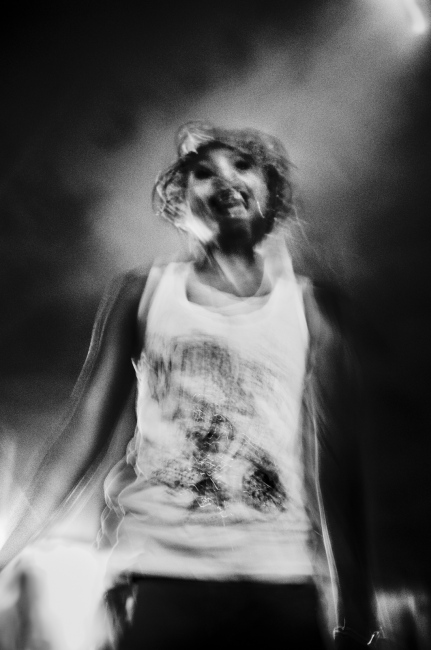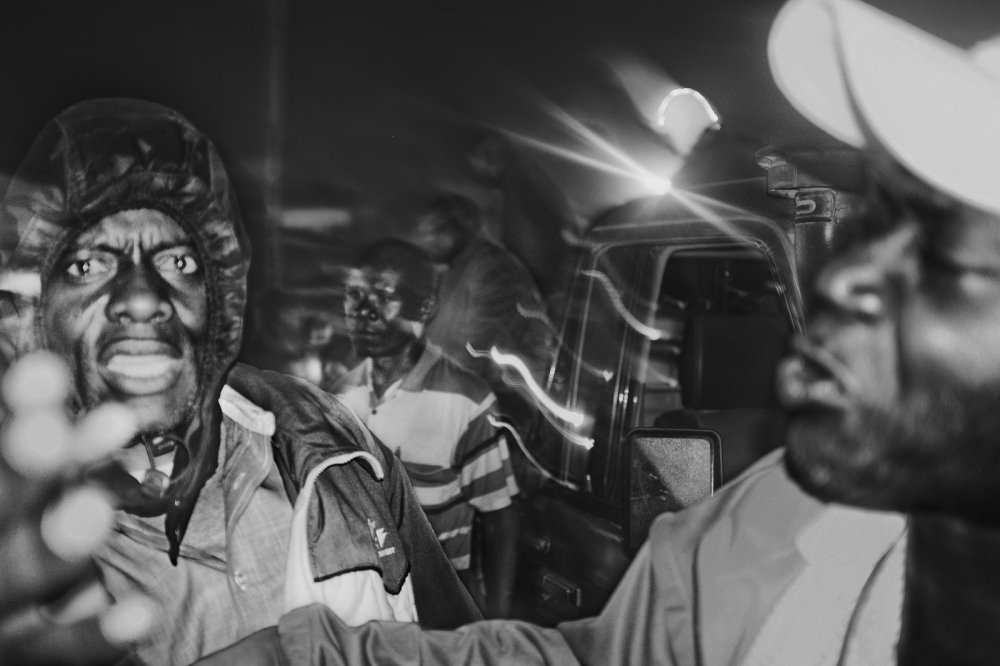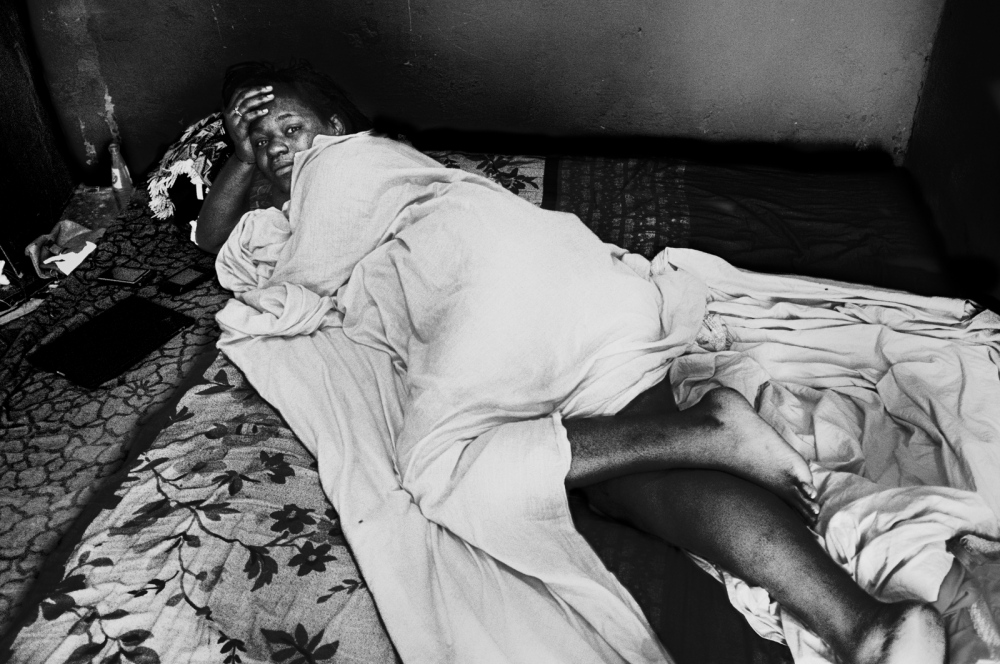Private Story
The Uncanny
I started working in the Democratic Republic of Congo in 2011 with the intention of reporting on the elections and their impact. Once there, I realised that the cycle of news and more conventional crisis-focused photojournalistic narratives were unsatisfying to me, both personally as a Belgian Congolese, and aesthetically, as a photographer trying to develop a visual language that was more diaristic and less formulaic. Could I work as both an insider and outsider, relying on investigative photojournalistic practices which acknowledge power structures and political dynamics, while simultaneously make images without judgment or analysis which translate the beauty of the moment and emotional rhythms of daily life?
The resulting work combines two visual styles or engagements, which speak to the challenges and rewards of making documentary work. The more journalistic approach is accomplished through my contacts with local media which helps me explore necessary stories often denied or overlooked by the international media. The diarist approach allows me the visual liberty to share a large range of emotional experiences resulting from my personal confrontations as a Belgian Congolese exploring his ancestral homeland and family ties. At various times, I feel alternately accepted and included, indeed loved, and my gaze changes. While at others, I am still the alien, the outside unwanted foreign element, kept cautiously at bay.































